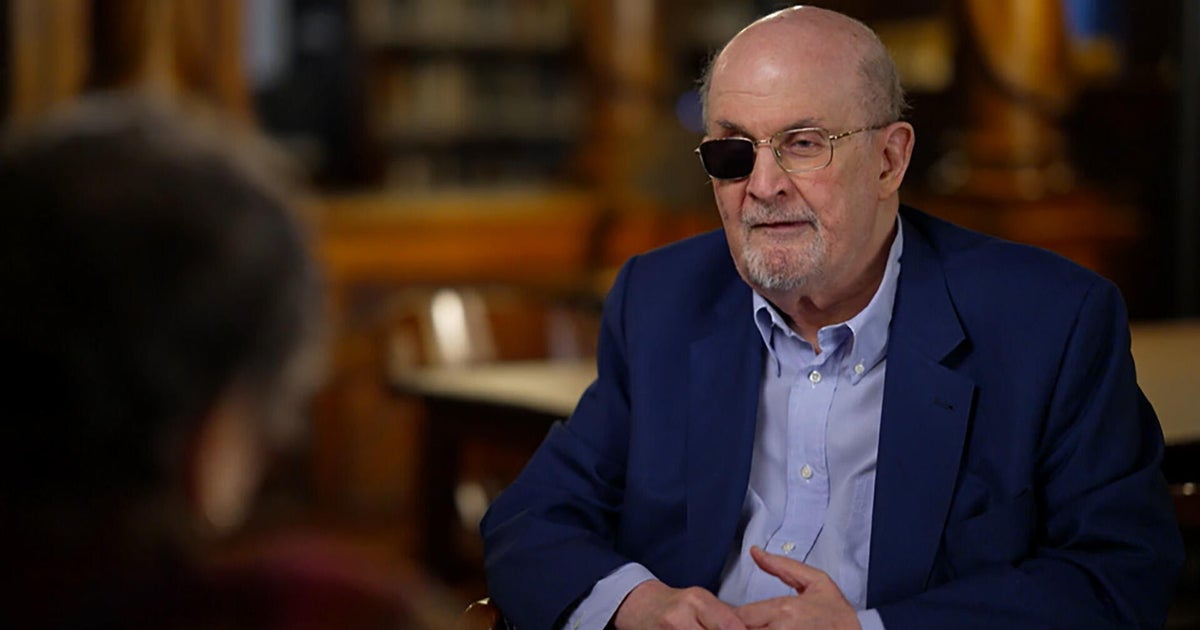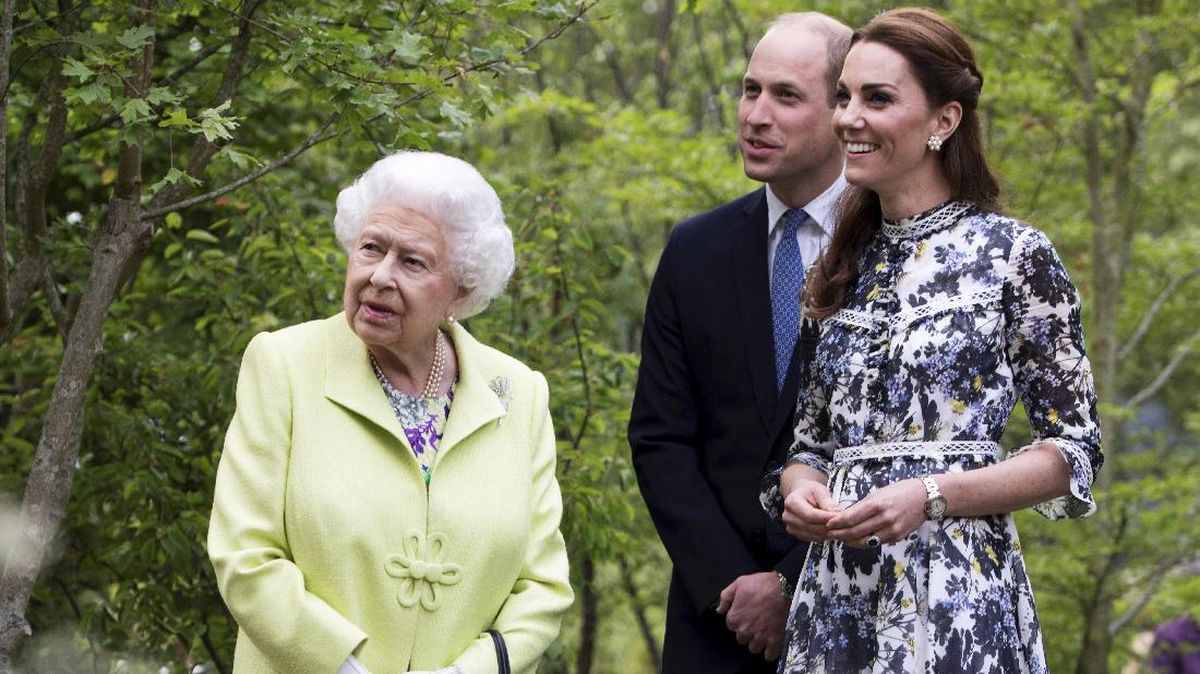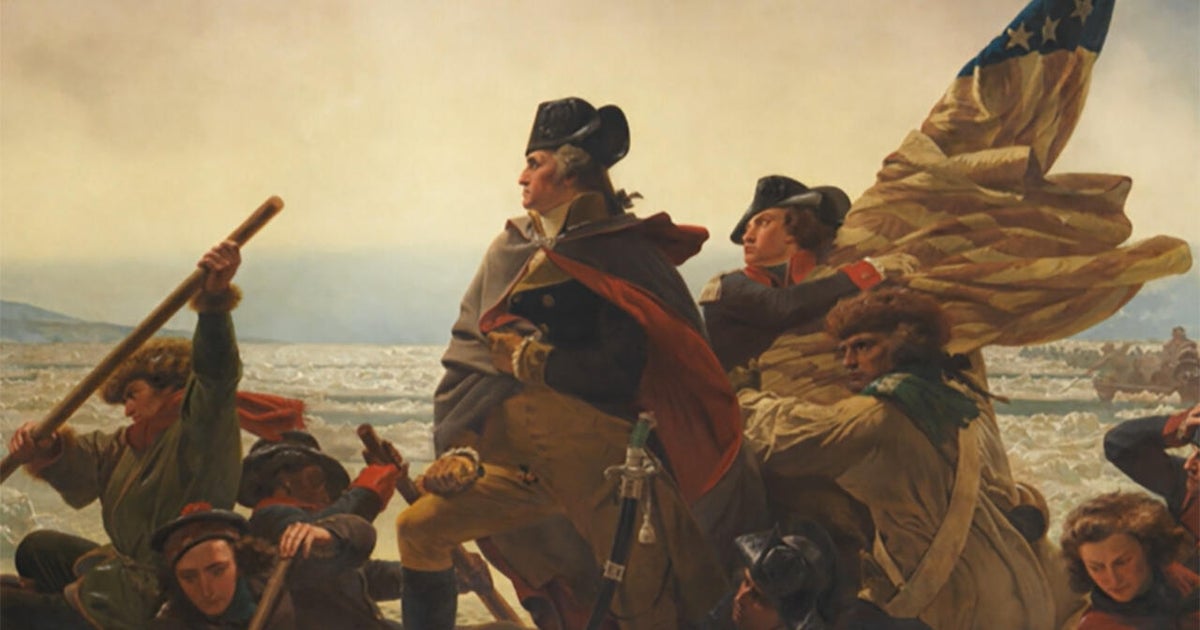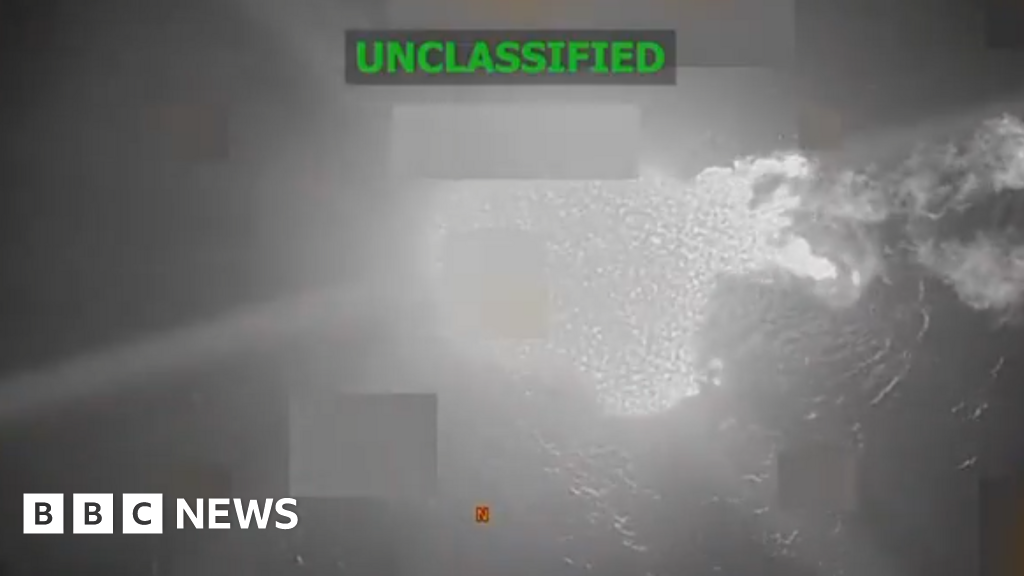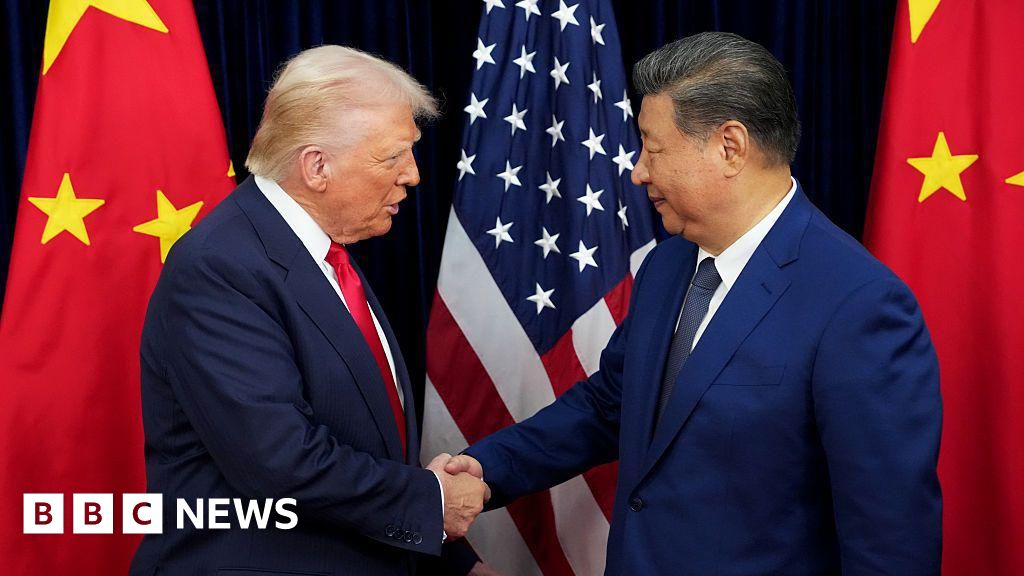The decision by the National Party to remove mandated net zero targets from its federal policy platform is regrettable but hardly surprising (“Nationals abandon net zero mandate ahead of party room meeting”, November 1). For some time, the party has been thrashing around in search of relevance while the world moves on. The genesis for its decision on net zero may be found in its campaign against the Voice referendum. They thought that as “If you don’t know, vote no” worked so well on Indigenous policy, maybe they should try the same stunt with climate change. The problem is that an “if it ain’t broke don’t fix it” approach won’t work with climate change. The climate, if not broke, is at least crumbling. Coastal houses that were supposed to be forever homes are being swallowed by rising tides. Summer temperatures in large parts of Australia are reaching the mid-40s, making it impossible for humans to work outside. The frequency and ferocity of cyclones are increasing, sending house insurance premiums soaring. In response to their changing world, many of the inhabitants of rural Australia (who the Nats are supposed to represent) are bolting solar panels to every flat surface they can find, as well as selecting crops and stock that can cope with increasing temperatures. Nationals leaders who continue to wish away climate change are ensuring that their party will become an historical artefact, rather than a healthy participant in political debate. Mike Reddy, Vincentia

Nationals Leader David Littleproud (centre), deputy leader Kevin Hogan and Nationals Senate leader Bridget McKenzie.Credit: AAP
The Coalition’s ongoing squabble over climate targets, particularly net zero, reveals a troubling lack of leadership (“Conservatives push to ditch ‘net zero’ term in Liberal party room debate”, November 1). Everyday Australians can only assume that the National Party and many within the Liberal Party don’t care about the increasing climate disasters hitting the very communities they claim to represent. They don’t care about the floods, the fires, the droughts and the rising insurance costs. The only thing the Liberals and Nationals consistently support are the coal and gas industries that produce climate pollution without paying a cent for the damage and deaths that they cause. Where are the credible policies and plans from the Coalition that will keep us safer? Isabelle Henry, Ascot Vale (Vic)
It is intriguing to hear that the Nats have “ditched” net zero. How do you ditch something that you never held in the first place? Warren Devrell, Wellington
New bill no better
The current Environment Protection and Biodiversity Conservation Act has been an utter failure for our forests, our native animals and our people (“Our law to ‘save’ nature is a rubber stamp for species extinction”, November 1). It’s well known that Australia is a global hotspot for deforestation and we have one of the worst records in the world for native animal extinctions. But will Environment Minister Murray Watt’s proposed new bill adequately address matters of national environmental significance? Protecting forests and habitat is essential to protecting our wildlife, safeguarding Country and tackling climate change. According to experts who have examined the bill against a set of criteria, the proposed new bill is no better than the old one and in some aspects, worse. Why? Because it’s full of loopholes and uncertainty. Generally, it upholds the status quo of allowable destruction of forests for the sake of cattle pastures, mining and developments. If we all take a stand, this new bill could be amended to help save habitat and wildlife – with the added bonus of reducing climate change. Here is what Mr Watt needs to change: remove logging loopholes, close the continuation of use exemption and improve national standards so they are strong. Rigel Best, Doonside

Will Environment Minister Murray Watt’s proposed new bill adequately address matters of national environmental significance?Credit: Alex Ellinghausen
Giant leap backwards
US President Donald Trump’s raising of an immediate resumption of nuclear testing sends an ominous message that the Cold War era of nuclear brinkmanship is returning with a vengeance (“Trump doubles down on nuclear tests as Russia issues warning”, November 1). No world leader can be given more credit for ending the Cold War than former Soviet President Mikhail Gorbachev. His vision of a world free of nuclear weapons, in which mutually assured destruction by such means would never again pose an existential threat to humanity, now seems a distant memory. Instead, with the US, Russia and China rapidly modernising their nuclear stockpiles and missile-delivery systems, Trump’s call to resume testing not only pours more fuel on the nuclear fire, it seriously brings into question our moral commitment to the preservation of life on Earth. Rev. Vincent Zankin, Rivett (ACT)

Credit: Badiucao
Professor Rosalind Dixon outlined two paths Donald Trump could use to wangle a third presidential term, one being by his getting elected as vice-president, then taking back the presidency (“Trump 3.0? Don’t laugh, I am serious”, November 1). This nightmare scenario is predicated on a new president being willing to stand aside for the then 82-year-old Trump. But more importantly, the article could have offered us some small comfort by pointing out that under the Twelfth Amendment to the US Constitution, anyone who is constitutionally ineligible to be president is also ineligible to be vice president. One is entitled to assume that this is game, set and match, but with Trump’s stacked Supreme Court and in a country that’s lost its marbles, who knows? Tony Bond, Edgecliff
Kerry Packer once said “you only get one Alan Bond in your lifetime, and I’ve had mine”. Xi Jinping, in his famously inscrutable way, was never going to be so direct, but if he read Professor Rosalind Dixon’s article, he is probably thinking that the saying needs to be updated. Joseph Fernandez, Mosman
Orwellian nightmare
Your correspondent Alison Broinowski (Letters, October 1) correctly identifies those responsible for the terror occurring in Gaza. Author George Orwell’s “doublethink” seems to permeate today’s media: “war is peace”, “ignorance is strength” and, shockingly, a widely celebrated ceasefire is the continuation of genocide. This explains the general confusion over whether the Israeli Defence Forces or Hamas are the terrorists. Perhaps the IDF should take a lead from a Nobel Peace Prize aspirant and rename themselves the Israeli War Force, which would be nearer the truth. Words matter, and a massacre is not a war. Orwell got the date wrong. I’m not sure, but I think we knew love from hate, right from wrong, empathy from heartlessness and mercy from vengeance back in 1984. It’s in 2025 that “telling the truth has become a revolutionary act”. Geoffrey Dyer, Bundanoon

The Israeli Defence Forces have been heavily criticised for their use of extreme force in Gaza. Credit: Getty Images
Alison Broinowski suggests Israeli leaders and the IDF should be listed as terrorists because they attacked Gaza several times before October 7, 2023. Each time there has been a major conflict between Israel and Hamas in Gaza, it was started by Hamas firing hundreds if not thousands of rockets at Israeli civilians. Terrorism is defined as the deadly targeting of civilians to spread fear among the population. This is what Hamas does. It is not terrorism to attack those terrorists to stop them repeating the attacks, especially when numerous steps are taken to warn civilians to escape attacks before they happen. This is what Israel does. Athol Morris, Forde (ACT)
Separate God and state
Nick Bryant’s praise of Australia’s electoral system is always good to hear, but we shouldn’t congratulate ourselves too much (“We’ll be right, but not far right”, November 1). Bryant correctly identifies economic inequality and housing as two areas of concern. Another which plays such a destructive role in the US and elsewhere is the religion/state divide. At the last election, I was alarmed to see so many religious parties on the senate ticket. The sooner Australia converts our loose pluralism into a more robust non-discriminatory secularism, by which the law applies equally to all, religious or otherwise without exemption, the stronger our “freaking amazing” democracy will be. Phil Bradshaw, Naremburn
Nick Bryant is right. Compulsory and preferential voting strengthen Australia’s resistance to populism. In the mid-1800s, the Chartists were an early form of populism in the UK who demanded universal suffrage, fair elections and removal of the property qualification. It was a movement that promoted class equality. The Chartists found a ready ear in Australia for political equality, which hopefully persists today as a structural protection from extremist populism. Anne Eagar, Epping
Thank you, Nick Bryant, for your reassuring assessment of our prospects as a nation. Other pluses include superannuation and our medical system. We certainly shouldn’t be complacent in view of income disparity and housing costs, but in general we are doing pretty well. Good on ya, Australia! Andrew Macintosh, Cromer
Women: stay smart
I am a retired lawyer familiar with domestic violence cases and I have this advice for women (“Man arrested after mother found dead in suspected domestic violence incident”, November 1). In a dangerous domestic situation, you must act smart. When tensions reach boiling point, the response is often violent. If you want to remain unscathed, then think. The argument starts. Each would accuse the other of betrayal or some unforgivable behaviour. Then there would be declarations of intense contempt. Each would start yelling and screaming. Once the situation escalates to the point of being dangerous, that is when the physically weaker person, usually the female, must think about self-preservation. Men are normally built stronger than women. Women must not inflame the situation. Dare I make the suggestion that, at that point, women should back down and placate their partner if they want to live? Dare I say that women should behave in a way that would defuse the situation and wait until they are out of danger to escape from the relationship, so they would never be in harm’s way again? Marina Wilson, Killarney Heights

In a dangerous domestic situation, women must act smart, writes Marina Wilson.Credit: Getty
Bad design
Correspondents understandably deplore the government’s funding cut of several hundred thousand dollars which is set to gut the Australian Design Centre compared to the billions given to sporting stadiums (Letters, November 1). This suggests a failure to understand NSW political realities. Sadly, there seems no prospect that that ADC’s activities will attract punters, and hence support of the apparently irresistible lobbying power of the gambling industry and its captive sporting officials. Geoffrey Briot, Stanmore
AirBnB no solution
I disagree with John Wakefield’s suggestion that regulatory measures designed to return Airbnb accommodation to the long-term rental market would stabilise vacancy rates and moderate rent increases (Letters, November 1). Tourist and short-term rental accommodation has always attracted premium prices because of timing of school holidays and demand exceeding supply. I can’t see any Airbnb owner taking on long-term rental tenants. It means greater property deterioration and more maintenance but less income. We need more affordable housing built. Former Airbnb properties would hardly fit that description. Kevin Armstrong, Forresters Beach
Just a quick question: if all the short-term rental properties are reverted to long-term accommodation, where do all the visitors stay? Simon Hughes, Grafton
Economics lessons
HSC students’ reported lack of interest in studying economics contrasts with intense public interest in the result of politicians ignoring good economics (“Rates of interest in one area are too low. Here’s how we change that”, November 1). Tariffs are trumping free trade. Uncontrolled emissions are degrading the climate. Concentrations of corporate power, locally and globally, mock powerless competition regulators. Whatever the hopes and preferences, political economics is riddled with group-think, wilful blind-spots and general irrelevance to beneficial policy responses. The housing crisis is one example. No wonder students are showing disdain for learning what should be done but is not. Peter Mair Dee Why
Killen spree
It is a charming picture that Tony Wright paints of the friendship between political rivals Jim Killen and Gough Whitlam. (“The unlikely friendships that survived the rolling rage of the Dismissal”, November 1). It brings to mind a Killen barb, spoken in parliament at Whitlam, which Gough must have savoured privately: “Call yourself a leader. The only reason anyone would follow you would be out of curiosity.” Greg Tome, Burradoo
All the tea in china
Watching a TV news clip showing people in aged care drinking out of those dreadful, thick, white institutional care cups, I thought what a nice touch it would be if people gave their flowery bone china cups to aged-care homes instead of dumping them at thrift shops. They’re so much more cheerful and homely, as well as very durable. The younger generation doesn’t seem to want them, but drinking out of bone china cups makes a nice cup of tea so much nicer. Jill Power, Narrabeen
Makes no cents
I get 4¢ a kilowatt for my solar contribution (I don’t have a battery) and I pay between 32-48¢ per kilowatt for grid power. I read that the aluminium smelter at Tomago might have to close because it can’t afford the electricity bill (“Liberal MPs question Sussan Ley’s judgment”, October 31). That doesn’t make sense. They can have all my excess for 10¢ (I’m not greedy) and I am sure many other people as well would happily contribute to keep the smelter going and keeping all those jobs. John Brown, Kianga
- To submit a letter to the Sydney Morning Herald, email [email protected]. Click here for tips on how to submit letters.
- The Opinion newsletter is a weekly wrap of views that will challenge, champion and inform. Sign up here.

